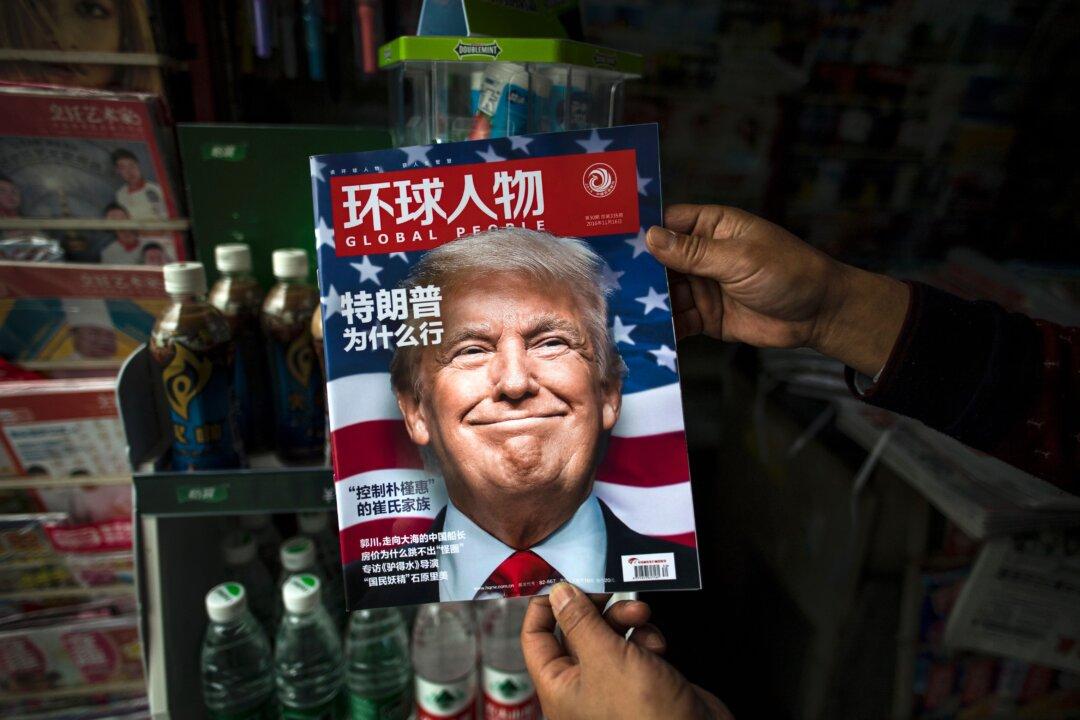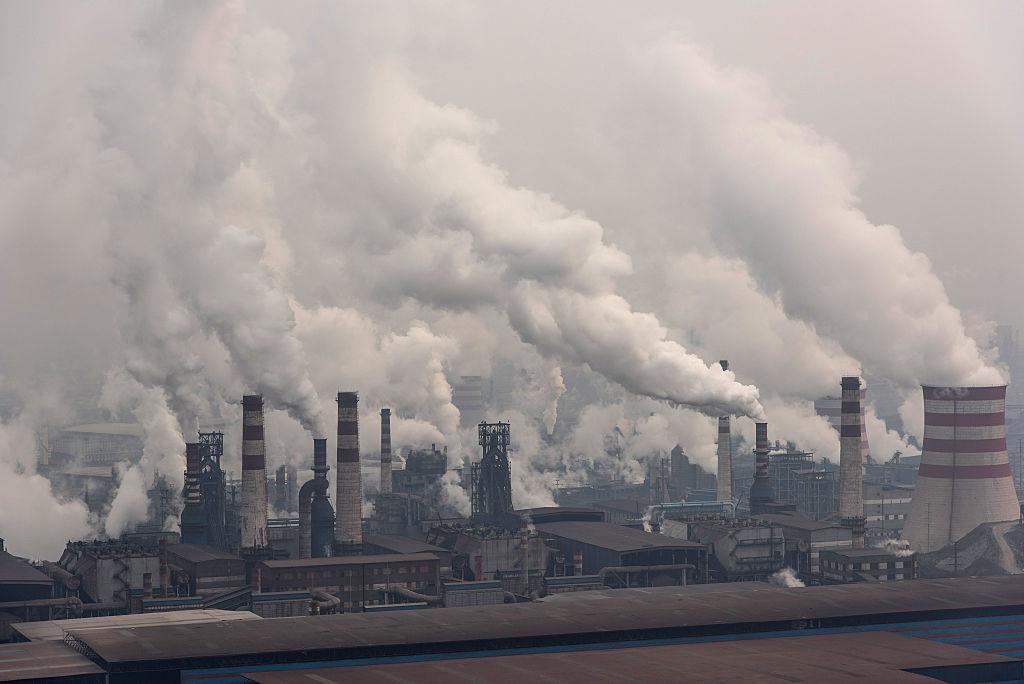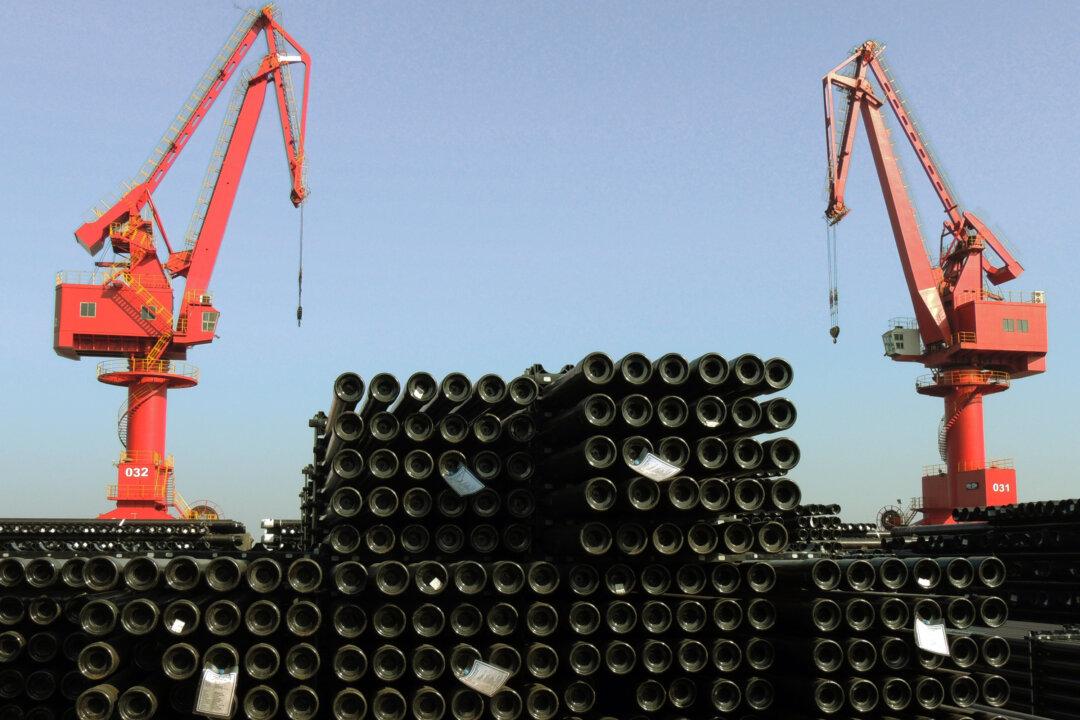An important change in wording has taken place in discussion of tax policy in China: The authorities are directly talking about reducing taxes—and this could become a major theme of economic reform in the year ahead.
Why is it important to speak of “tax reduction,” directly, rather than previous locutions like “structural tax reduction”? Let’s start with the following key fact: Chinese people suffer an overly high tax burden.
In 2014, China’s total fiscal revenue was 14 trillion yuan ($2.14 trillion). This corresponds to over 10,000 yuan ($1,520) per individual, an extremely high burden. In the past, this has been a controversial topic.
A World Bank research report in 1987 suggested that the best proportion between tax burden and GDP is 13 percent for low-income countries, 20 percent for middle-income, 23 percent for upper-middle-income, and 30 percent for high-income countries. According to statistics by China International Capital Corporation, a large investment bank in China, China currently has a tax revenue of about 37 percent of GDP.
A report released by the World Bank last April draws a similar conclusion—China has a much higher tax burden on workers than most advanced countries, and is even more than many European countries.
In addition, China has a very different tax structure from developed countries, where revenue is mostly from direct taxes. Over 70 percent of China’s tax revenue is from indirect taxes. These include value-added taxes and business taxes.
In 2014, China’s domestic value-added tax revenue was just over 3 trillion yuan ($470 billion); the domestic consumption tax was 890 billion yuan ($136 billion); business tax 1.7 trillion yuan ($271 billion); and the import value-added tax and consumption taxes 1.4 trillion yuan ($220 billion). All these taxes comprise the majority of the country’s tax revenue.
Essentially, they are taxes based on the goods produced and put into circulation, and it’s a huge burden on entrepreneurs and small companies. It also leads to higher product prices.
Chinese companies also have to pay proportionally higher social security for employees, including housing expenses, than many developed countries. Bai Chong-en, the Associate Dean of the School of Economics and Management at Tsinghua University, writes that Chinese companies pay social security across five categories, equating to around 40 percent of employee pre-tax income. In some regions, the proportion can be as high as 50 or even 60 percent, if the housing expenses are included. This is several times higher than most developed countries.
In contrast to the higher-than-average taxation in China, most of revenue raised is not used to improve quality of life. In the United States and other developed countries, the vast majority of tax revenue is returned to the citizenry through social welfare. In China, on the other hand, a much higher administrative cost is observed.
For example, in 2006, nearly 19 percent of fiscal expenditures in China went towards administrative costs. By comparison, Japan’s administrative expenditures were 2.3 percent, Britain’s 4.2, South Korea’s 5, France’s 6.5, and Canada spent 7.1 percent. The ratio for United States was the highest, at 9.9 percent, though this is still much lower than China.
Given these excessive tax burdens, ambiguous reform plans will never work. The only solution is implementing comprehensive, genuine tax reduction. For years China’s tax burden has become heavier rather than lighter, because the supposed reforms simply complicated matters. To genuinely relieve the tax burden on Chinese people and companies, the first step is to admit the problem exists.
In 2016, China faces a very tough economic slowdown. Without lightening the tax burden, Chinese companies may not be able to avoid tragedies like mass bankruptcy.
Even if central authorities wish to achieve this goal, local governments can still implement policies that collect more taxes for their own ends. Thus, reform policies in China must be coupled with very strong implementation tactics, or else they'll merely be paper slogans.
Ma Guangyuan is a well-known independent economist in China. He is the vice director of China National Democratic Construction Association Central Economic Committee and a financial commentator for CCTV. He is also a columnist for Financial Times Chinese, Southern Weekly, the Economic Observer as well as many other Chinese media.




